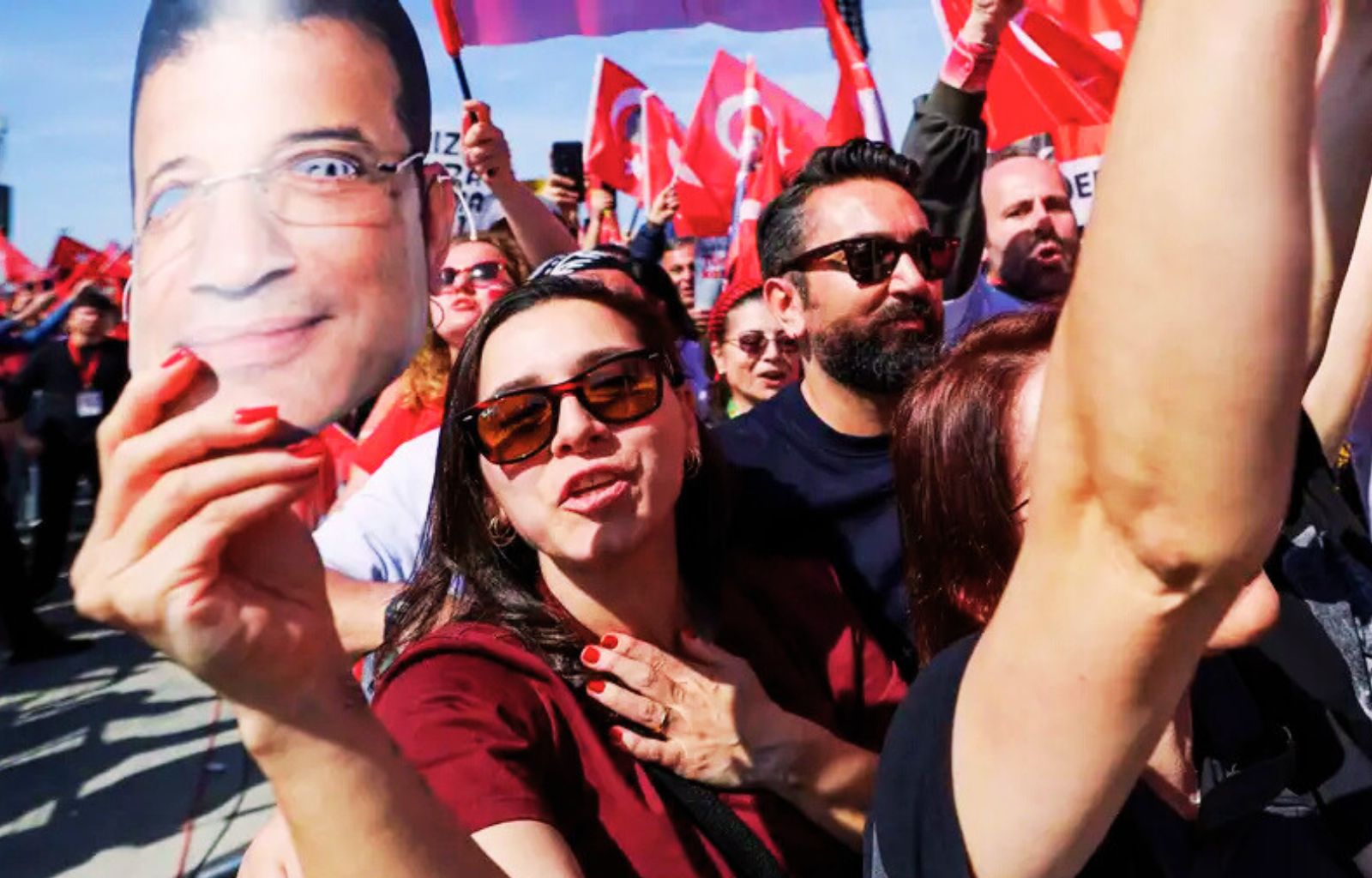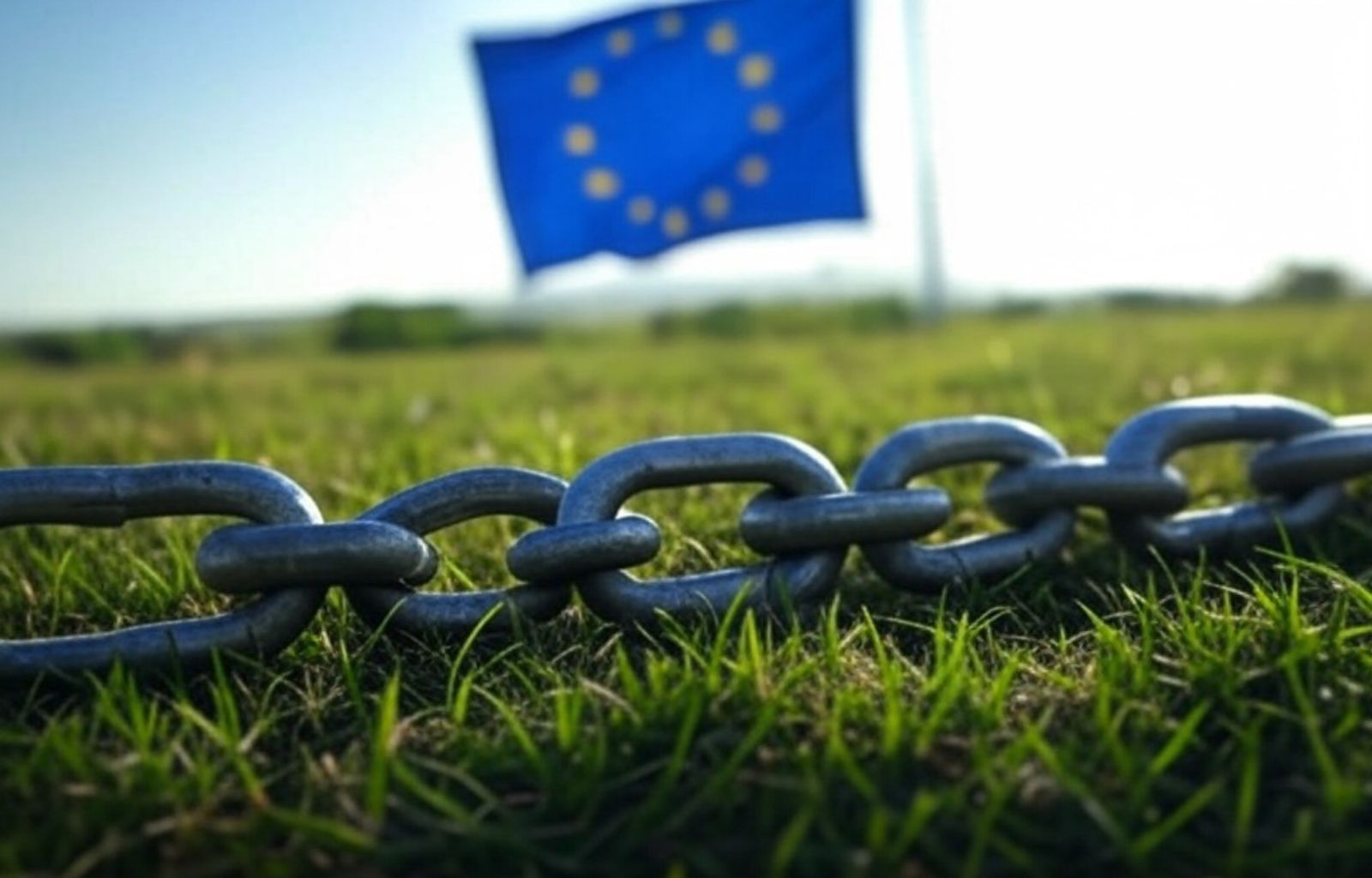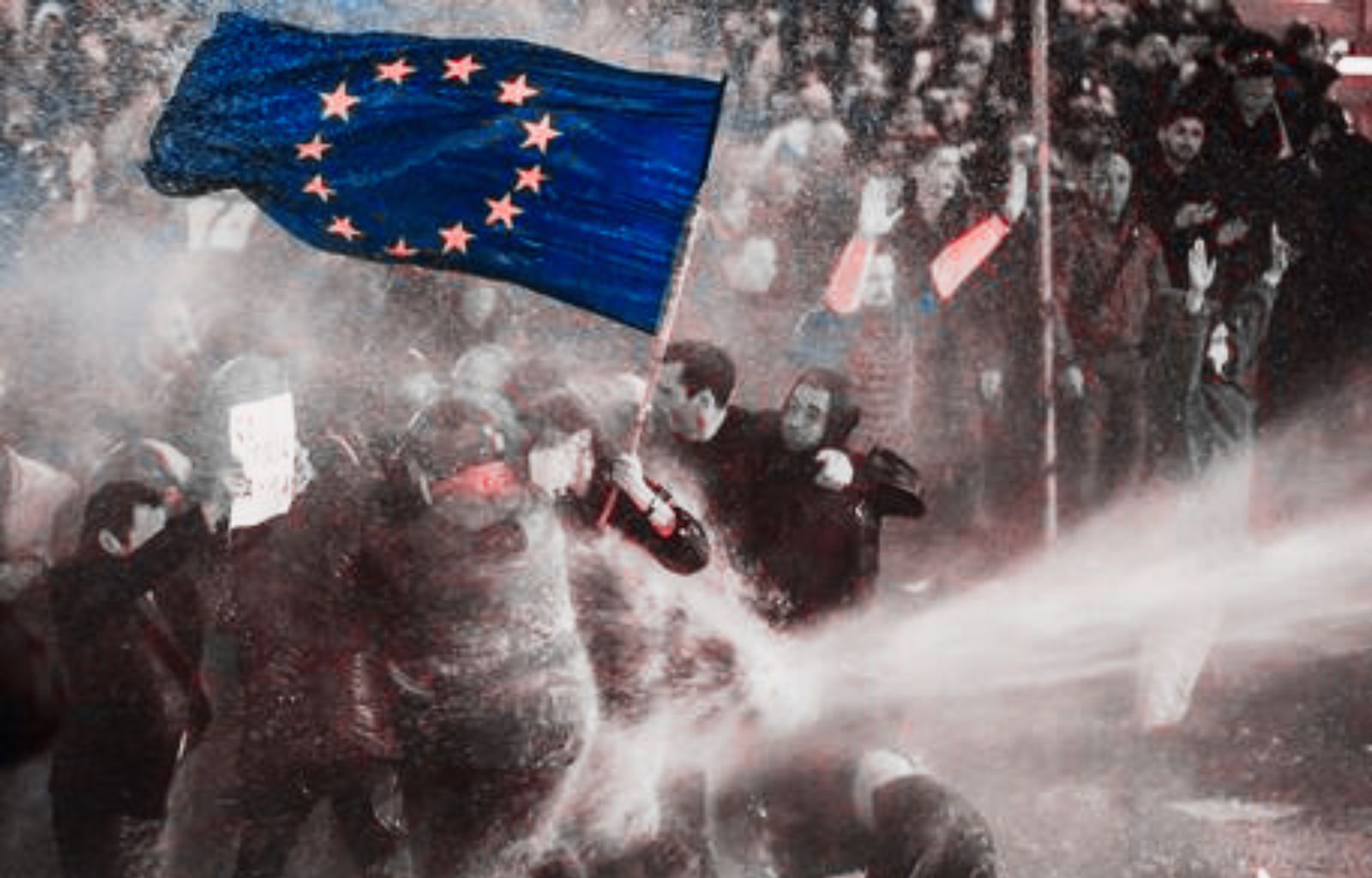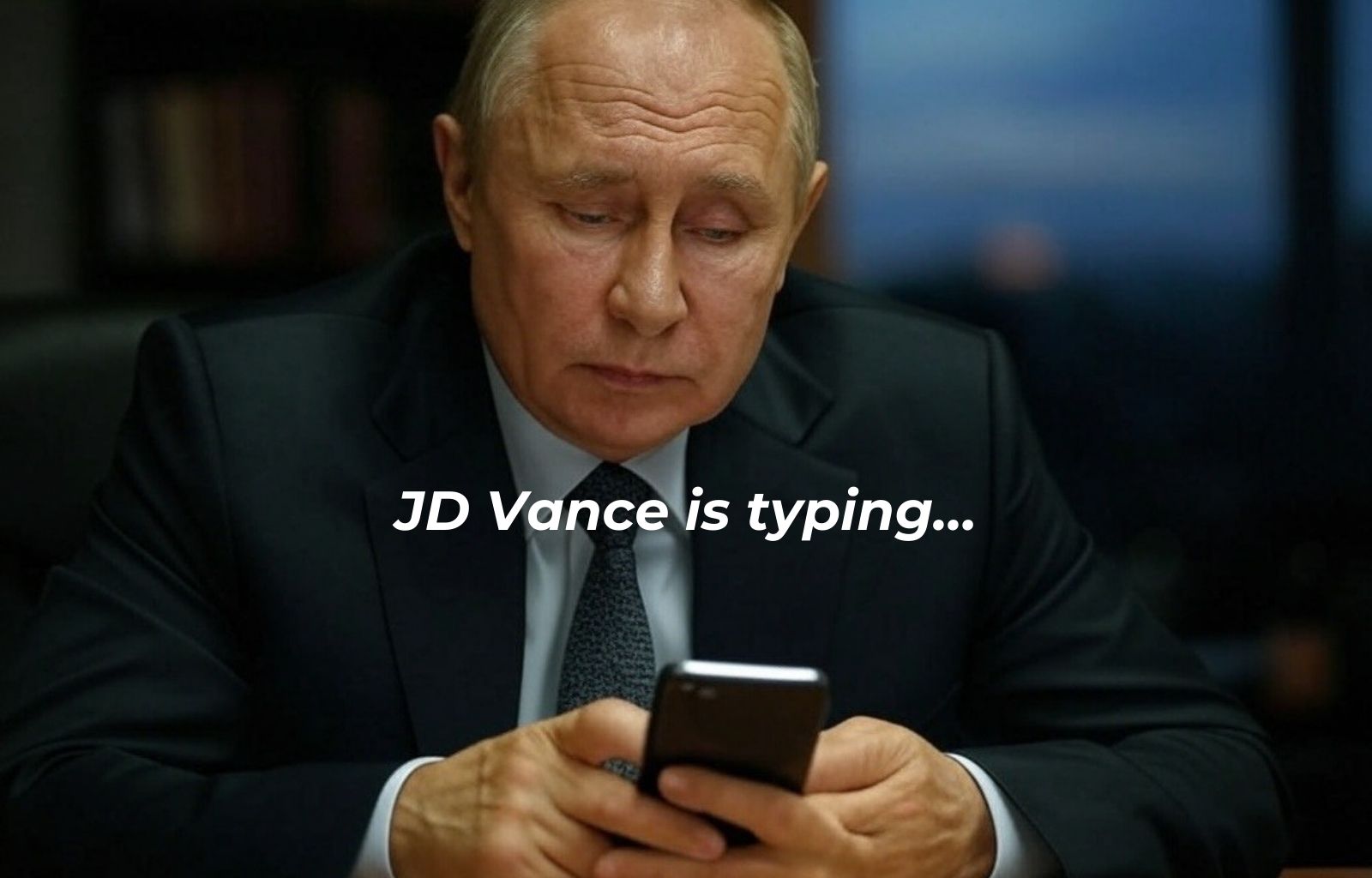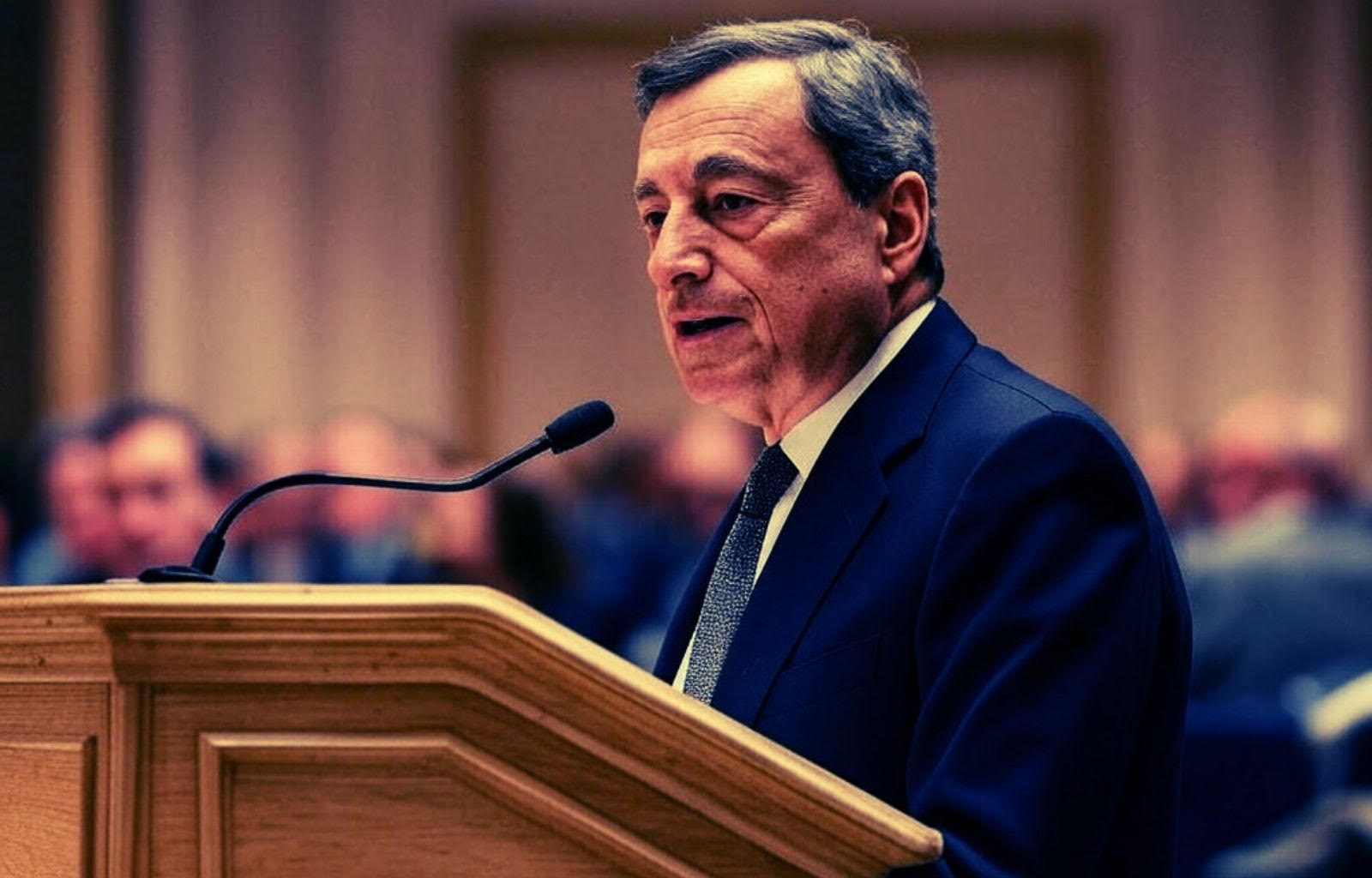Romanian elections and manipulation on TikTok: EU reacts with Digital Services Act

On 5 December 2024, the European Commission ordered TikTok to freeze and store all data related to the Romanian elections. This action, made possible by the Digital Services Act (DSA), shows how the EU is using innovative legislative tools to protect democracy from the risks of the digital world.
The decision follows the discovery of a network operating on TikTok, which had been inactive for years and was suddenly reactivated two weeks before the elections. The operators of this network, recruited via Telegram, used techniques typical of a state actor to influence the Romanian public.
Digital interference behind the Romanian elections
The five reports declassified by Romanian President Klaus Iohannis reveal how the sudden rise in the first round of the right-wing populist candidate, Calin Georgescu, was not a natural phenomenon. Rather, it was a highly coordinated digital campaign, orchestrated with methods that can be traced back to the operations of state actors.
According to Serviciul Român de Informații (SRI), an anonymous donor spent almost one million euros to support Georgescu’s candidature. TikTok claimed to have received EUR 362,500 from the same source and confirmed the removal of 66,000 fake accounts and followers, created to manipulate electoral consensus.
The Digital Services Act: a curb against digital manipulation
Coming into full application on 1 January 2024, the Digital Services Act was instrumental in the EU’s swift action. TikTok, being a very large online platform (VLOP), is subject to stringent obligations under the DSA, including:
- Data freezing and retention: To support the investigation of suspicious activities during elections.
- Transparency in political advertising: The platform is obliged to provide clarity on who finances and promotes certain content.
- Removal of fake accounts and manipulative content: An essential measure to protect the integrity of public debate.
Lessons for the future of digital democracy
The Romanian case highlights how digital platforms can be exploited to interfere in electoral processes. However, the European Commission ‘s timely action shows that the EU has the regulatory tools to respond to these threats.
The Digital Services Act is a milestone in ensuring that democracy is protected in the digital age. But, as the TikTok case shows, the fight against electoral interference requires continuous efforts and close cooperation between institutions, platforms and citizens.
The European Union has sent a clear message: there is no room for electoral manipulation in the European digital landscape.

